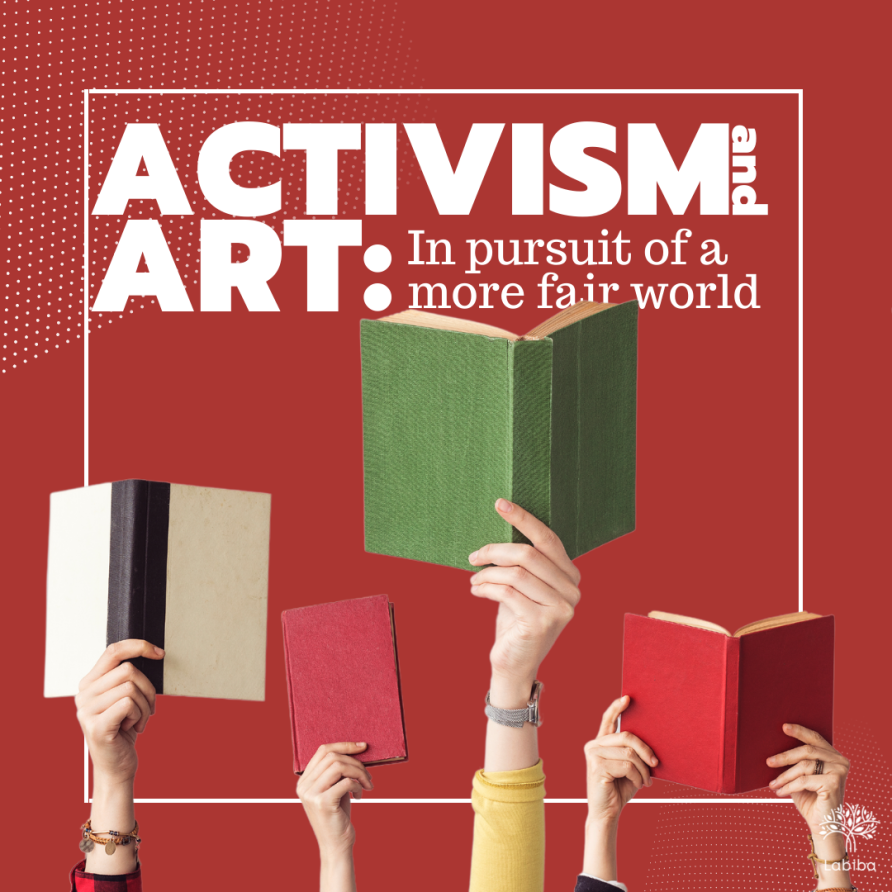In a move hailed by many prominent activists, academics, and artists, acclaimed Irish author Sally Rooney (Normal People, Conversations with Friends) announced that she had rejected the bid put forward by an Israeli publishing house to translate her new book, Beautiful World, Where Are You, into Hebrew. The decision was inspired by Rooney’s support for the Palestinian-led BDS Movement which advocates for boycotts and the divestment of resources from all Israeli companies in violation of Palestinian human rights. In turning down Israeli publisher Modan’s offer to translate her work, Rooney stated that she “would be very pleased” to find a way to translate her work “that is compliant with the BDS movement’s institutional boycott guidelines” and reiterated her desire to express “solidarity with the Palestinian people in their struggle for freedom, justice and equality”.
Rooney has not shied away from publicly criticizing Israel; earlier this year, she joined tens of thousands of international artists, including authors Ta-Nehisi Coates, Angela Davis, and Viet Thanh Nguyen, in signing an open letter entitled “A Letter Against Apartheid”, expressing anger and frustration following May’s outbreak of violence in Gaza. She cites reports from organizations like Human Rights Watch and B’Tselem, as evidence of the Israeli government’s mistreatment of the Palestinian people. Ultimately, she makes clear that she is uncomfortable working with any company that “does not publicly distance itself from apartheid and support[s] the UN-stipulated rights of the Palestinian people.”
The Palestinian-led Boycott, Divestment, and Sanctions (BDS) movement is no longer simply a fringe domain of political activism. The Rooney announcement is yet another sign that, to the dismay of its critics, the BDS movement is entering mainstream global consumer consciousness. So, where does this leave the opposition? Two prominent Israeli bookshop chains, Steimatzky and Tzomet Sefarim, have already responded by removing the digital and physical copies of Rooney’s books from all its stores. Rooney’s critics claim that she is diminishing the role that literature can play in bridging divides by deliberately excluding an audience from her work based solely on national identity and language.
The BDS movement has long faced accusations of Anti-Semitism and has shot back that such accusations are designed to shield Israel from legitimate accusations of discriminatory laws. Some point out that Israel is unfairly held to a higher standard on the world stage than, say, countries like China and Saudi Arabia, which are rarely brought up in conversations of consumer boycotts and divestment. Indeed, Rooney herself acknowledges that there are many other states “guilty of grievous human rights abuses”, but admits that her public stance is in response to being challenged by Palestinian civil society leaders and writer’s organizations.
Publishing house Modan had previously acquired the translation rights to Rooney’s first two critically acclaimed books, but it’s now clear that, as public perception shifts, so will the actions of prominent authors and artists. Going forward, it will become more and more difficult for public figures to continue to remain impartial on these matters, even when faced with the threat of a counter-boycott. To its organizers, the ultimate goal of the BDS movement is to apply “nonviolent pressure on Israel until it complies with international law.”There is precedent here: the economic and cultural boycotts of South African goods and services beginning during the 1960s and lasting until 1993, was a key part of helping to build a grassroots movement that united people from varying races, classes, and ideological perspectives, in the pursuit of a unifying objective: to free Nelson Mandela. Critics of the BDS movement can no longer ignore its growing global social and cultural influence. What it lacks in political power, it has made up for through winning hearts and minds. Without honest, cross-cultural dialogue and respect for free speech, the BDS chorus will only grow louder. Cross-cultural dialogue and free speech, from both sides, are needed to better advocate for lasting peace.
Hoda Ossoble




